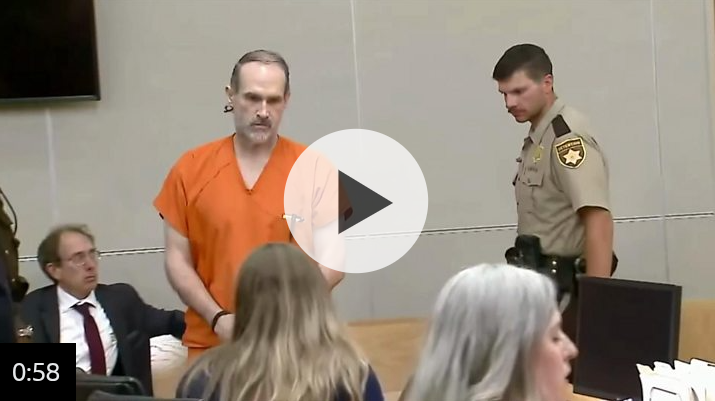A powerful new imaging tool developed at Harvard Medical School holds promise for advancing early cancer detection and research into human longevity. Yet the work needed to unlock its full potential has come to a standstill. That’s because the expert behind the computer systems decoding its imagery—30-year-old Kseniia Petrova—is currently held in U.S. immigration detention. Her incarceration puts critical scientific progress on hold and raises concerns about the future of international collaboration in American research institutions. Petrova, originally from Russia, played a pivotal role in developing software to analyze images from a groundbreaking microscope, enabling insights that could revolutionize medicine.
Petrova’s journey took a dramatic turn in February when she was detained at Boston’s Logan International Airport. She had been working in the prestigious Kirschner Lab at Harvard, contributing to highly specialized research involving embryology and computational science. Now detained in Louisiana’s Richwood Correctional Center, Petrova faces potential deportation to Russia—a country where she fears imprisonment due to her public opposition to the war in Ukraine. Speaking from detention, she described the immigration system as impersonal and relentless, expressing how quickly she lost access to legal support, friends, and even information about her own situation.
Her detainment has not only disrupted her life but also sent ripples across the academic world. Colleagues and legal experts warn that this case illustrates a broader pattern discouraging international scholars from pursuing opportunities in the U.S. In scientific fields that require niche skills, the sudden loss of a researcher like Petrova can be devastating. According to her mentor, Dr. Leon Peshkin, there’s simply no one else in the lab who possesses her rare blend of expertise in biology, mathematics, and computer science. Peshkin and others fear that these immigration policies are driving global talent away, a sentiment supported by data showing that many international researchers are now seeking opportunities in more welcoming countries.
The circumstances surrounding Petrova’s arrest have also raised eyebrows. Officials said she was detained for allegedly lying about transporting biological samples—specifically frog embryos—for research. However, her attorney argues that the violation was minor and typically only results in a small fine. Instead, Petrova’s scholar visa was revoked, fueling speculation that her detention may be part of a larger effort to create a less hospitable environment for foreign nationals. She describes confusion and fear during her initial questioning, stating she had no communication with her lawyer or colleagues during the first critical hours of her detainment.
Beyond the legal and political implications, her colleagues stress the scientific cost. Petrova was not just another team member; she was central to a unique project using a one-of-a-kind microscope. Her custom code allowed the lab to interpret over 100,000 intricate biological images, work that could lead to vital discoveries in cancer biology. Co-researchers like Dr. William Trim, who also shares a home with Petrova, emphasize that no one else can replicate her contribution. Her absence, they say, puts the entire research initiative at risk. As her hearing approaches, her team holds out hope, but anxiety looms large. If Petrova is deported, her collaborators fear they may never see her again—both as a colleague and a friend—and the scientific world could lose one of its most promising talents.



